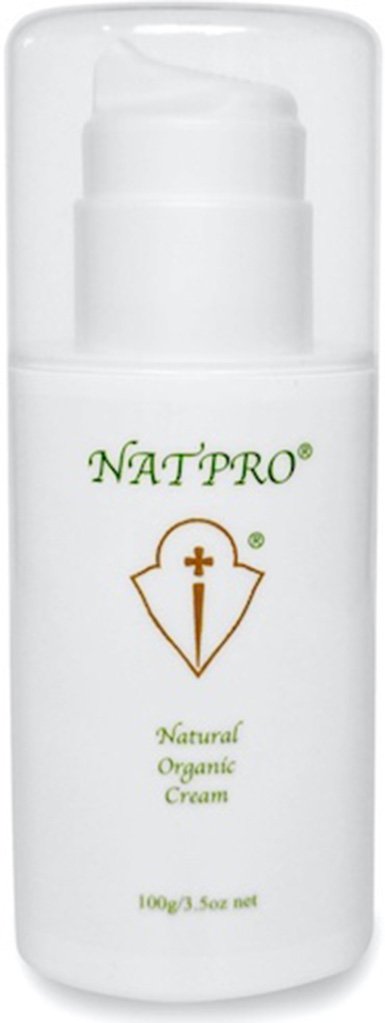Too much or Too Little Progesterone?
by Catherine L
Hi Wray,
I had a laparatomy in April 2010 (when I was 40) for 2 chocolate cysts, 10cm and 8cm, several fibroids in my uterus and also to free up some adhesions in my peritoneum. Then I was put on Luprin injections then Birth Control Pills (BCP) non-stop for 18months, and I had very bad nightmares and insomnia, night sweats, loss of hair, etc due to BCP. Stopped BCP in November 2011, changed my diet - no wheat/grain/flour products, no soy, no sugar, basically 80% veggies and nuts (raw and cooked), 20% fish, chicken and eggs. My hair grew back, brain fog lifted, sleep improved a lot, and I was able to start an exercise regime (now able to swim 800 meters 2-3 times a week).
In October this year (2012), my regular scan showed 2 fibroids in my uterus, 1.4cm each. My GYN recommended BCP for 3 months to stop my periods, but I did some research and decided to try natural Progesterone Cream instead, applying 100mg daily for the first 3 weeks. My period still came in November, so I increased the dosage to 160mg (daily, no breaks), and had 2 more periods since (but at regular intervals of 21 days each cycle).
My latest scan today (Dec 13th) shows the fibroids have not grown in size, but I now have simple cysts at both my ovaries, measuring 4cm each.
Is that caused by too much or too little Progesterone applied? Or do I need breaks in between doses? My GYN says I should stop all BCP and Progesterone cream for 3 months to see if the simple cysts will disappear by itself, but I'm not sure if I should do that.
Your advice is much needed and appreciated. Thanks a bunch!
Confused,
Catherine

